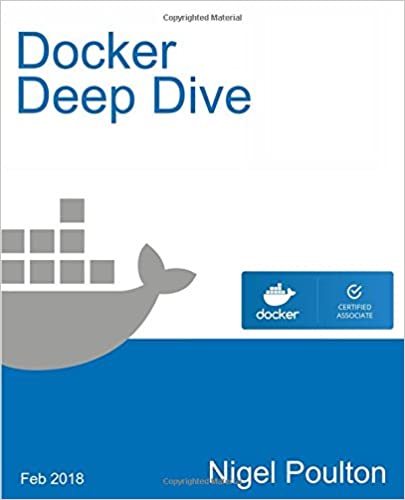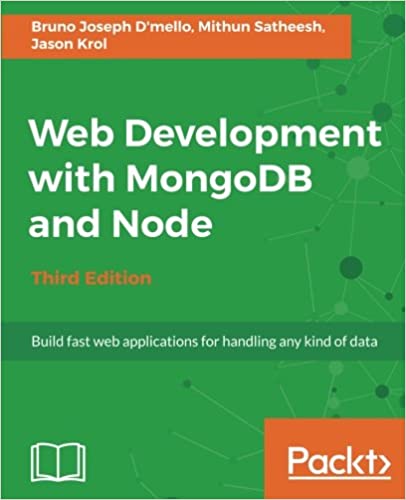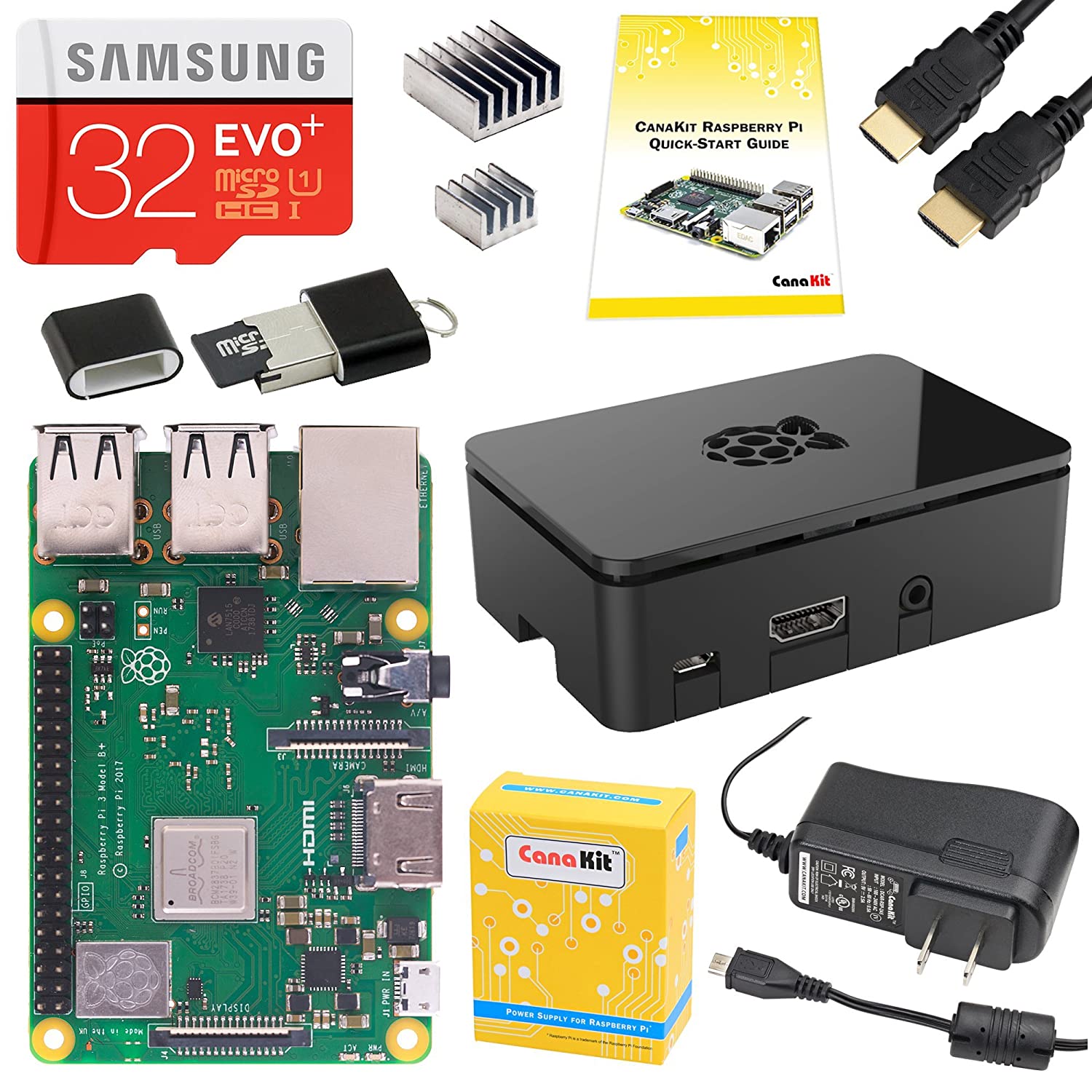; Date: Tue Dec 05 2017
Tags: Website Advertising »»»» Online Community »»»» Comment Systems »»»» Disqus »»»»
Disqus, whose widely used commenting engine adds audience/community engagement for zillions of websites, has joined Zeta Global, a large Marketing firm, while promising to keep offering the features that made Disqus so useful. Color me doubtful - while a positive outcome sometimes results from such a merger, often the oomph of the original service is lost once the new masters are in control. They are saying the right things and promising to stay true to the Vision for Disqus. We'll have to wait and see, and in the meantime it may be worth our while to locate other commenting systems. As the recently posted Disqus Roadmap so clearly says, a website publisher is in their best position when they own their platform. The risk of Disqus joining a larger company is erosion of that situation.
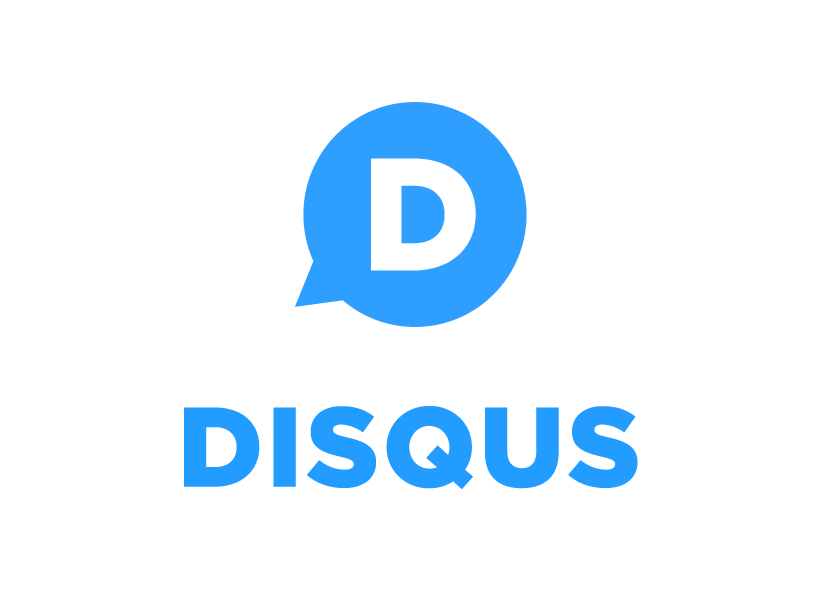
A few years ago I worked with a client on strategizing what to do with commenting and community/audience engagement on their website. The website, built with Drupal, had traditionally used the built-in Drupal commenting system, and they'd integrated into that system a mechanism encouraging folks to join the sites' newsletter. It was important to have enough control over the commenting system to maintain that newsletter signup system. At the same time there spammers were frequently commenting and making the comments section undesirable.
We examined Disqus, Facebook Comments and a couple other systems. And we also examined simply shutting down the comment system, as many websites have done. Obviously the spammers are adept at making any open portal for inserting content into an unfriendly cess-pit of spammy links to viagra or uggs boots sales websites. We ended up sticking with Drupal comments. I couldn't figure out any way to integrate newsletter signup with the process of authenticating a commenter with Disqus.
I mentioned that inquiry because of the recent
Vision and Roadmap posting by Disqus. In it Disqus makes a great case for owning your relationship with your audience.
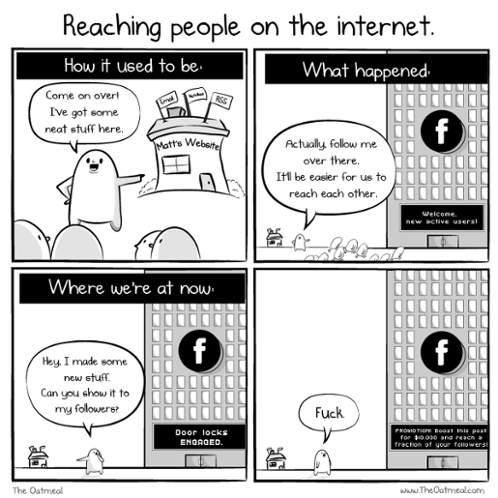
Posting content on a huge 3rd party social media platform simply embiggens that platform -- how big is Facebook? As it stands now, Facebook is leaning mightily on publishers with pitches like Your post is performing greatly, why don't you spend $5 to promote that post? At the same time, Facebook is taking actions to limit the possibility of organic popularity growth. In other words, Facebook doesn't care about us, they care about whether we spend money on Facebook advertising.
Disqus' roadmap promises development of these features:
- Member building This seems to boil down to a mechanism for newsletter signups
- Audience insights Data about the folks visiting your site. They only discussed demographics information, and not the full reporting of something like Google Analytics
- Audience Management Finding and rewarding loyal audience members. Members-only discussion areas?
These features are interesting. Given the timing of that posting, this Roadmap was probably a major point in discussions with Zeta Global. It might mean that Zeta Global is on board with those goals.
At the same time it tells me that Disqus is focused on the needs of large websites. What about sites run by individuals, like this site? Will we be lost in the gravy?
The press release (below) and
the announcement on the Disqus blog make it clear they're chasing large websites. I'm certain that over time Zeta Global will start leaning on us to buy Zeta Global's other services.
The phrase a diverse network of publisher and marketer partners means that Zeta Global see's us, the publishers using Disqus services on our websites, as future sales opportunities for buying marketing services from Zeta Global. And this phrase, one of the web's largest first party data sets, indicates a plan for data mining folks comments to gain knowledge about hot keywords and topics for other business purposes. Especially with the move towards artificial intelligence technologies.
Zeta Global Acquires Disqus
Brings Web's Largest Social Discussion Platform to Zeta Marketing Cloud
NEW YORK, Dec. 5, 2017 /PRNewswire/ -- Zeta Global today announced it has acquired Disqus, the web's leading audience engagement platform used by 4 million websites and 2 billion monthly unique users. Combined with Zeta's leading marketing platform, artificial intelligence and machine learning, the acquisition makes Zeta the only company able to offer personalized real-time marketing at scale on the open web.
By acquiring Disqus, Zeta adds one of the web's largest first party data sets, the leading publisher audience SaaS product and a diverse network of publisher and marketer partners to its fast growing portfolio of best-in-class technologies and capabilities. Over 75% of the internet's top 1000 most engaged sites use Disqus, including TMZ, The Atlantic and Entertainment Weekly.
This marks the company's 11th acquisition and its second this year, following Zeta's acquisition of Boomtrain, a San Francisco-based artificial intelligence innovator. The company closed a $140 million Series F financing round in April of this year to accelerate Zeta's mission to help the world's leading brands design and deliver 1:1 marketing at scale.
"We're redefining the marketing technology space with actionable data, artificial intelligence that answers business problems and a marketing hub that serves as the nerve center for data-driven marketers. Disqus extends and enhances this strategy. Marketers typically have to make tradeoffs between reaching engaged audiences on social platforms with massive reach and using tools that give them control and access to granular targeting capabilities. Disqus strengthens Zeta's ability to offer the best of both worlds with the scale, visibility and performance marketers have been asking for," said David A. Steinberg, Zeta Global CEO, Chairman and Co-Founder.
"As people that love great products and innovative technology, we're excited to be joining the growing Zeta family. As our business has grown over the past 10 years, it's been clear that our value to publishers is tied to the value we can bring to marketers. Joining Zeta enables us to maximize that value while continuing to deliver on our original mission to power great online communities," said Daniel Ha, Disqus CEO and Co-Founder.
Disqus will continue to operate its service for publishers, partners and users under existing terms.
About Zeta Global:
Zeta is a data-driven marketing technology innovator whose SaaS-based marketing cloud and professional services help 500+ Fortune 1000 and Middle Market brands acquire, retain and grow customer relationships through actionable data, advanced analytics and machine learning. Founded by David A. Steinberg and John Sculley (former CEO of Apple and Pepsi-Cola) in 2007, the Company's highly rated ZetaHub technology platform has been recognized in Gartner's Magic Quadrant for Digital Marketing Hubs (February 2017) and in its Magic Quadrant for Multichannel Campaign Management (April 2017) competing with offerings from Oracle, IBM, Salesforce and Adobe. Operating on four continents with 1,300+ employees, the company is headquartered in New York City, with key offices in San Francisco, Silicon Valley, Boston, Nashville, London, and Hyderabad, India.
About Disqus:
Disqus powers an open and independent web of 4 million publishers including The Atlantic, Destructoid, Spoiler TV, TMZ, and other sites you know and love. Since 2007, Disqus has focused on helping independent publishers build audiences through its audience development platform by giving publishers tools to interact with readers.



